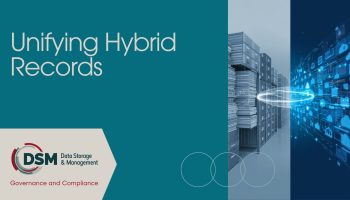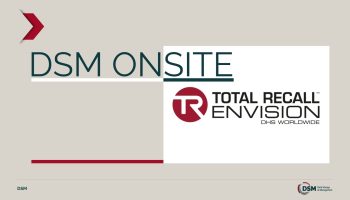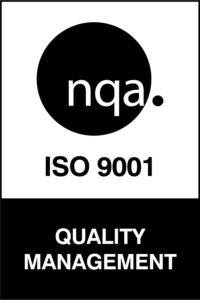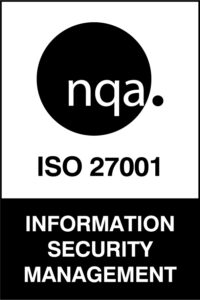In the legal sector, managing sensitive client information securely is paramount. Legal practices handle vast amounts of confidential data, both in paper and digital formats. Ensuring the security of these legal documents is not only a legal obligation but also a critical component of maintaining client trust. Here are some fundamental security best practices for managing documents and information in a legal practice.
Managing Paper-Based Records
1. Secure Legal Document Storage
- Lockable Cabinets: Store all paper based documents in lockable, fireproof cabinets. Ensure that only authorised personnel have access to these cabinets.
- Access Control: Implement a sign-in/sign-out system for accessing physical files. This helps track who accessed which data and when.
- Environmental Controls: Protect paper records from environmental hazards such as water damage, fire, and pests. Use climate-controlled storage areas if necessary.
2. Document Handling Procedures
- Restricted Access: Limit access to sensitive documents to authorised personnel only. Ensure that employees understand the importance of handling these documents with care.
- Confidentiality Agreements: Have employees sign confidentiality agreements to reinforce the importance of protecting client information.
- Secure Transportation: When transporting documents, use secure methods such as locked briefcases or secure courier services.
3. Secure Disposal
- Shredding: Use cross-cut shredders to destroy paper records that are no longer needed. This ensures that the information cannot be reconstructed.
- Professional Shredding Services: Consider using a professional shredding service that complies with industry standards for secure document destruction.
Managing Digital Records
1. Data Encryption
- Encryption at Rest and in Transit: Ensure that all digital data are encrypted both when stored and during transmission. This protects data from unauthorised access and breaches.
- Secure Communication Channels: Use secure communication channels, such as encrypted email services, for sharing sensitive information.
2. Access Controls
- Role-Based Access: Implement role-based access controls to ensure that employees can only access the information necessary for their role.
- Multi-Factor Authentication (MFA): Use MFA to add an extra layer of security for accessing digital records. This reduces the risk of unauthorised access.
3. Regular Audits and Monitoring
- Audit Trails: Maintain audit trails to track access and modifications to digital records. This helps in identifying any unauthorised access or changes.
- Regular Security Audits: Conduct regular security audits to identify vulnerabilities and ensure compliance with security policies.
4. Data Backup and Recovery
- Regular Backups: Perform regular backups of all digital records to ensure data can be recovered in case of a breach or data loss.
- Secure Backup Storage: Store backups in a secure, off-site location to protect against physical damage or theft.
5. Employee Training
- Security Awareness Training: Provide regular training to employees on security best practices, including recognising phishing attempts and handling sensitive information securely.
- Incident Response Training: Train employees on how to respond to security incidents, including data breaches and unauthorised access.
Conclusion
Implementing robust security measures for both paper-based and digital data is essential for legal practices to protect sensitive client information and ensure compliance with legal obligations. By following these best practices, legal practices can enhance their security posture, reduce the risk of data breaches, and maintain client trust.
To learn more about how DSM can help you implement these best practices, contact us today. Our experts are here to assist you in developing a robust legal document management strategy tailored to your needs.




